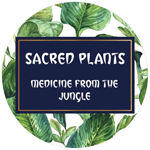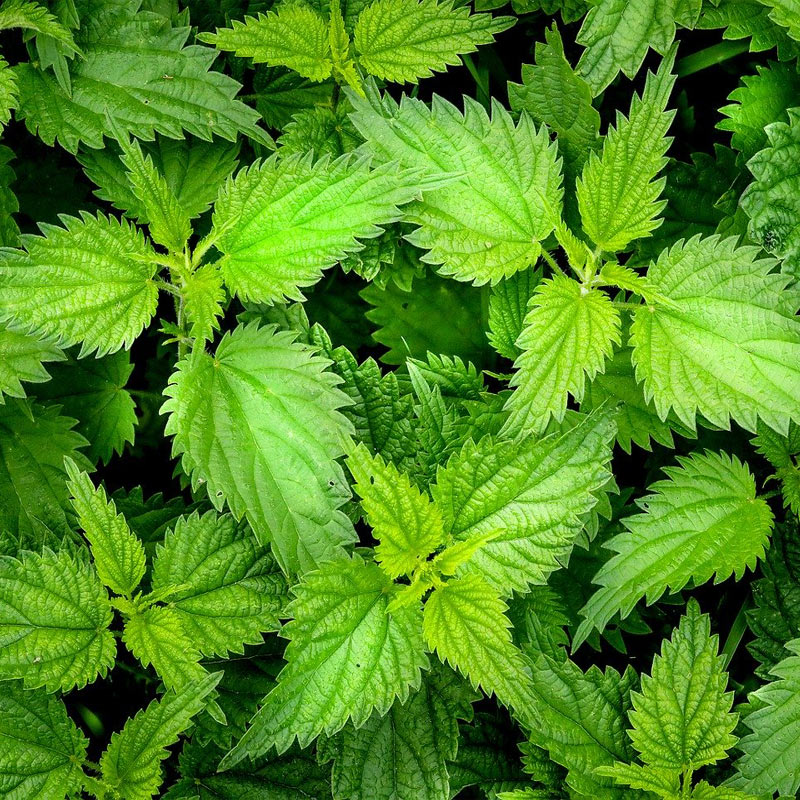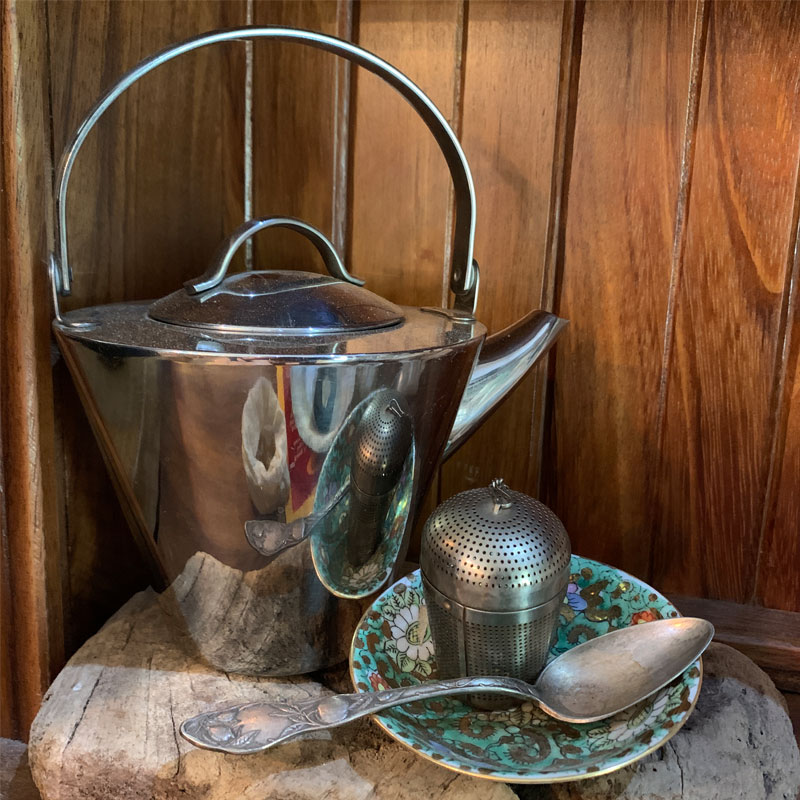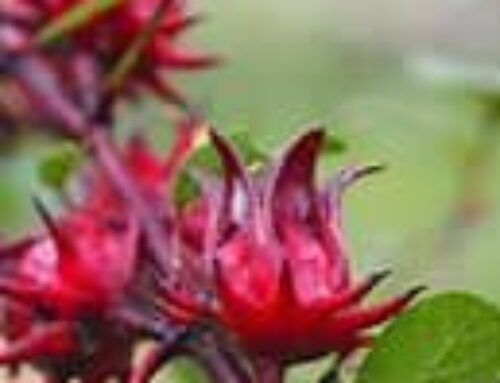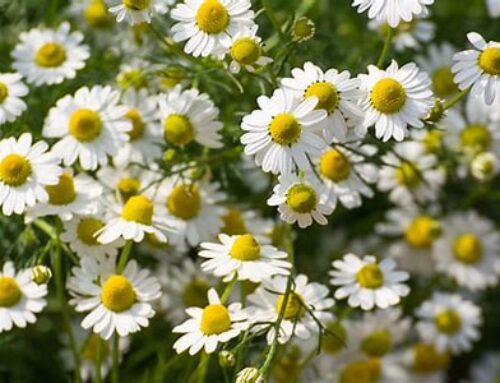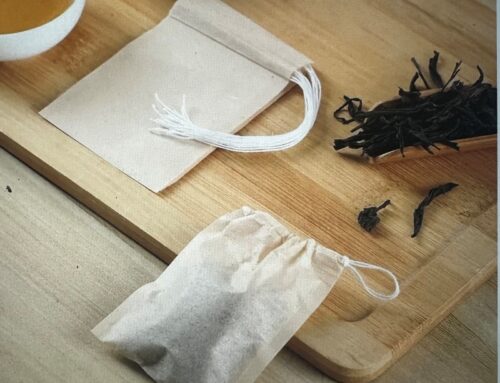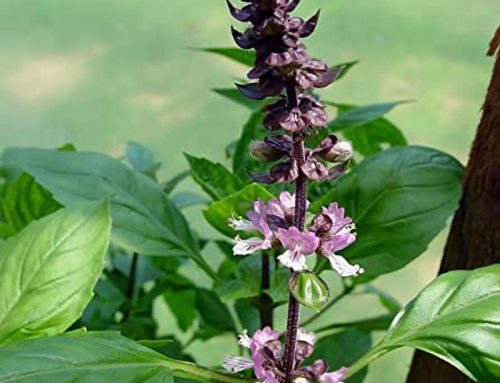- Amazing diuretic
Benign Prostatic Hyperplasia (BPH) and Urinary Issues
Osteoarthritis and Joint Pain
Hay Fever
Bleeding
Eczema
You can brew stinging nettle leaves in almost boiling water and drink daily as a curative to all these ailments. My recommendation is to add 1/4cup of dry nettles in 2 liters of simmering purified water. Let simmer for about 5 minutes, then remove from heat and let sit covered over night of 8 – 10 hours. Strain, bottle and refrigerate. This method of preparing nettle tea pulls b vitamins, folate, manganese, magnesium and iron from the plant. Sip 1/2 liter to 1 liter throughout the day.
Just be sure to check with your doctor since nettle can interfere with certain pharmaceuticals. Enjoy nettle tea benefits today!
Dr axe: Perhaps its most popular use is turning the leaves into stinging nettle tea, which is a common natural allergy relief remedy. It’s also proven to benefit skin, bone and urinary health as well.
Stinging nettle, or urtica dioica, is a perennial flowering plant that has been used medicinally for ages, dating back as far as Ancient Greece. Today, it can be found all over the world, but its origins are in the colder regions of Europe and Asia. The plant usually grows between two to four feet high and blooms from June to September. It grows best in nitrogen-rich soil, has heart-shaped leaves, and produces yellow or pink flowers.
While best known for the stinging reaction that occurs when the skin comes into contact with the fine stinging hairs (also known as trichomes) located on its leaves and stems, when processed and used medicinally, stinging nettle has a number of helpful health benefits, according to the Department of Dermatology at the Penn State University College of Medicine.
Most stinging nettle products are made from the stem and leaves, but the roots also have pharmacological qualities. The herb has anti-inflammatory qualities that can affect treatment of many health issues. The aboveground parts have typically aided in allergy relief and other breathing-related problems. The roots are able to provide relief for urinary disorders and enlarged prostate as well.
Despite its reputation for pain, stinging nettle is used to help a number of ailments. Studies have shown it has antioxidant, antimicrobial, anti-ulcer, astringent and analgesic capabilities.
According to the University of Maryland Medical Center, the plant has been used most commonly throughout history as a diuretic and for treating painful muscles and joints, eczema, arthritis, gout, and anemia. Today, it’s used primarily to treat urinary issues, as well as allergies and joint pain.
The most proven health benefits of using stinging nettle help with the following:
1. Benign Prostatic Hyperplasia (BPH) and Urinary Issues
BPH symptoms are caused by an enlarged prostate gland pressing on the urethra. BPH sufferers experience varying levels of increased urges to urinate, incomplete emptying of the bladder, painful urination, post urination dripping and reduced urinary flow. A testosterone-induced BPH study on rats has shown that stinging nettle may be as effective at treating this condition as finasteride, the medication commonly used to treat BPH.
Doctors are still not entirely sure why stinging nettle alleviates some of these symptoms, but many clinical studies infer that it contains chemicals that affect the hormones that cause BPH. When taken, it also directly affects prostate cells. Stinging nettle root extract has also been shown to slow or stop the spread of prostate cancer cells. It’s usually used in combination with saw palmetto and other herbs. The root of the plant is primarily used in connection with urinary issues, including lower urinary tract infections.
Stinging nettle is used as a successful general diuretic and can help urine flow as well. It’s also used in home remedies for bladder infections.
2. Osteoarthritis and Joint Pain
Arthritis sufferers often experience joint pain, typically in the hands, knees, hips and spine. Nettle works alongside nonsteroidal anti-inflammatory drugs (NSAIDs) to allow patients to decrease their NSAID use. Because prolonged use of NSAIDs can cause a number of serious side effects, this is an ideal pairing.
Studies also show that applying nettle leaf topically at the site of pain decreases joint pain and can treat arthritis. When taken orally, nettle helps provide relief. Another study published in the Journal of Rheumatology shows stinging nettle’s anti-inflammatory power against other autoimmune diseases like rheumatoid arthritis.
3. Hay Fever
Histamine production in the body creates the adverse reactions related to allergies. Allergies cause uncomfortable congestion, sneezing, itching and more.
Stinging nettle’s anti-inflammatory qualities affect a number of key receptors and enzymes in allergic reactions, preventing hay fever symptoms if taken when they first appear. The leaves of the plant contain histamine, which may seem counterproductive in allergy treatment, but there is history of using histamines to treat severe allergic reactions.
There is also evidence that in severe reactions, low plasma histamine levels (as opposed to high levels) are present. Another global study from the National College of Naturopathic Medicine found that stinging nettle use for allergy relief was rated higher than placebos in a 98-person, randomized, double-blind study.
4. Bleeding
Certain products containing stinging nettle have shown that, when applied to the skin, it can reduce bleeding during surgery. The product, called Ankaferd blood stopper, is made up of alpinia, licorice, thyme, common grape vine and stinging nettle, and has also shown evidence of reducing bleeding after dental surgery. (10)
5. Eczema
Eczema is a dry, itchy rash that can last on sufferers for a very long time. Because of stinging nettle’s antihistamine and anti-inflammatory qualities, it can be a natural treatment for eczema, as the Penn State University College of Medicine study referenced above notes. Sufferers can use a combination of nettle taken orally to tackle the eczema internally, as well as a cream to provide relief from the rash’s itch and redness.
More research is needed, but stinging nettle is also said to:
•Promote lactation
•Stimulate hair growth
•Help control blood sugar in patients with diabetes
•Reduce bleeding connected to gingivitis
•Treat disorders of the kidneys and urinary tract
•Provide relief from water retention
•Prevent or treat diarrhea
•Decrease menstrual flow
•Provide asthma relief
•Heal wounds
•Treat hemorrhoids
•Stimulate contractions in pregnant women
•Treat insect bites
•Treat tendonitis
•Treat anemia
Stinging nettle can interact with the following medications: (4, 13)
•Blood thinners such as warfarin, clopidogrel and aspirin because stinging nettle contains large amounts of vitamin K, which can help the blood’s ability to clot. Taking stinging nettle can decrease the effects of these drugs.
•Drugs for high blood pressure such as ACE inhibitors, beta-blockers and calcium channel blockers because stinging nettle can lower blood pressure and strengthen the effects of these drugs.
•Diuretics and water pills because stinging nettle is also a diuretic and when used together can cause dehydration.
•Lithium because of stinging nettle’s diuretic qualities. It may reduce the body’s ability to remove this drug, resulting in higher than recommended levels of lithium.
•NSAIDs because stinging nettle can enhance the anti-inflammatory effect of some of them. Despite the evidence that combining stinging nettle and NSAIDs leads to more pain relief, it should be taken under supervision.
•Sedative medications (CNS depressants) such as clonazepam, lorazepam, phenobarbital , and zolpidem because when large amounts of aboveground parts of stinging nettle are taken, sleepiness and drowsiness can occur. Taking sedatives along with stinging nettle might cause too much drowsiness.
The statements made within this website have not been evaluated by the Food and Drug Administration. These statements and the products of this company are not intended to diagnose, treat, cure or prevent any disease.
